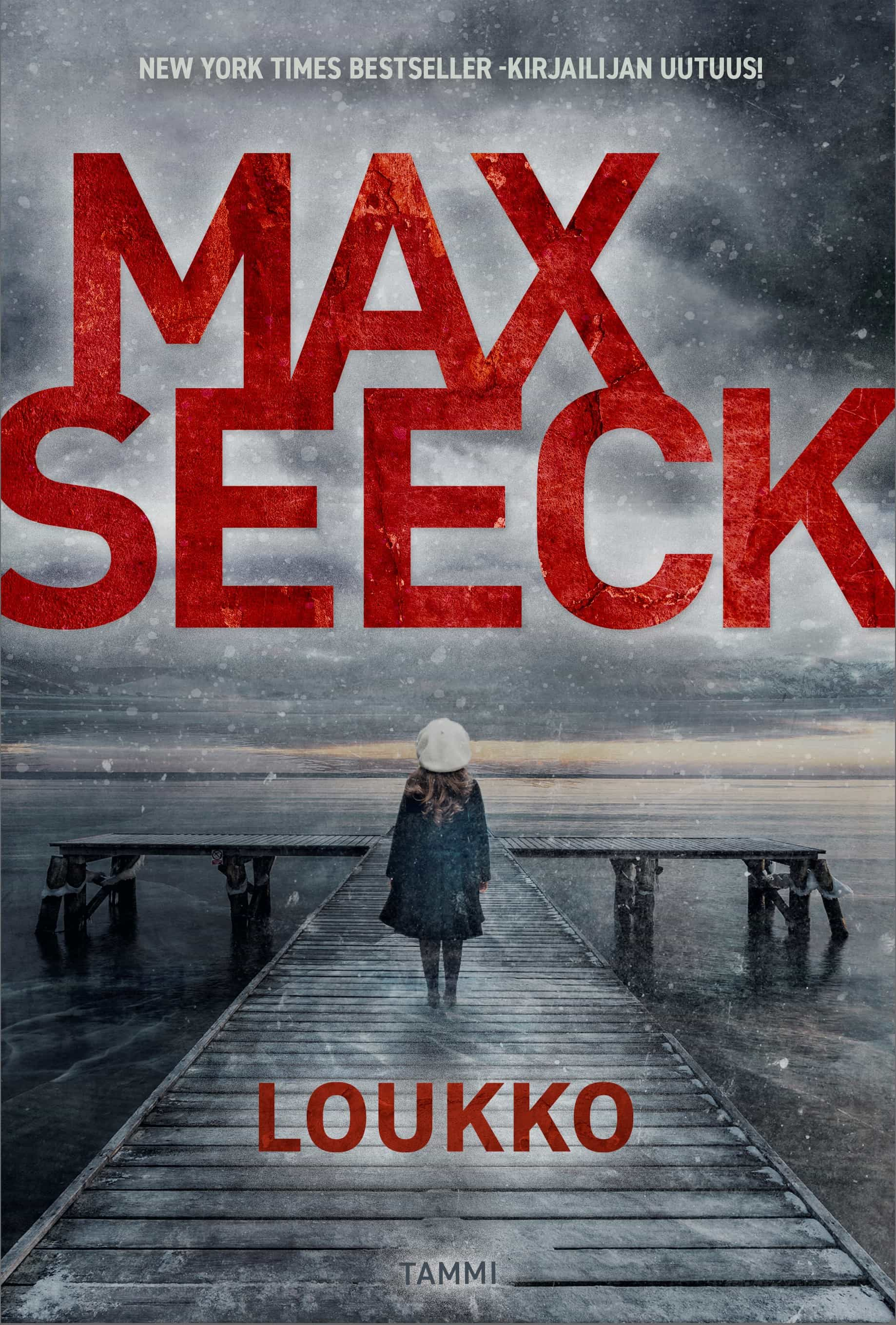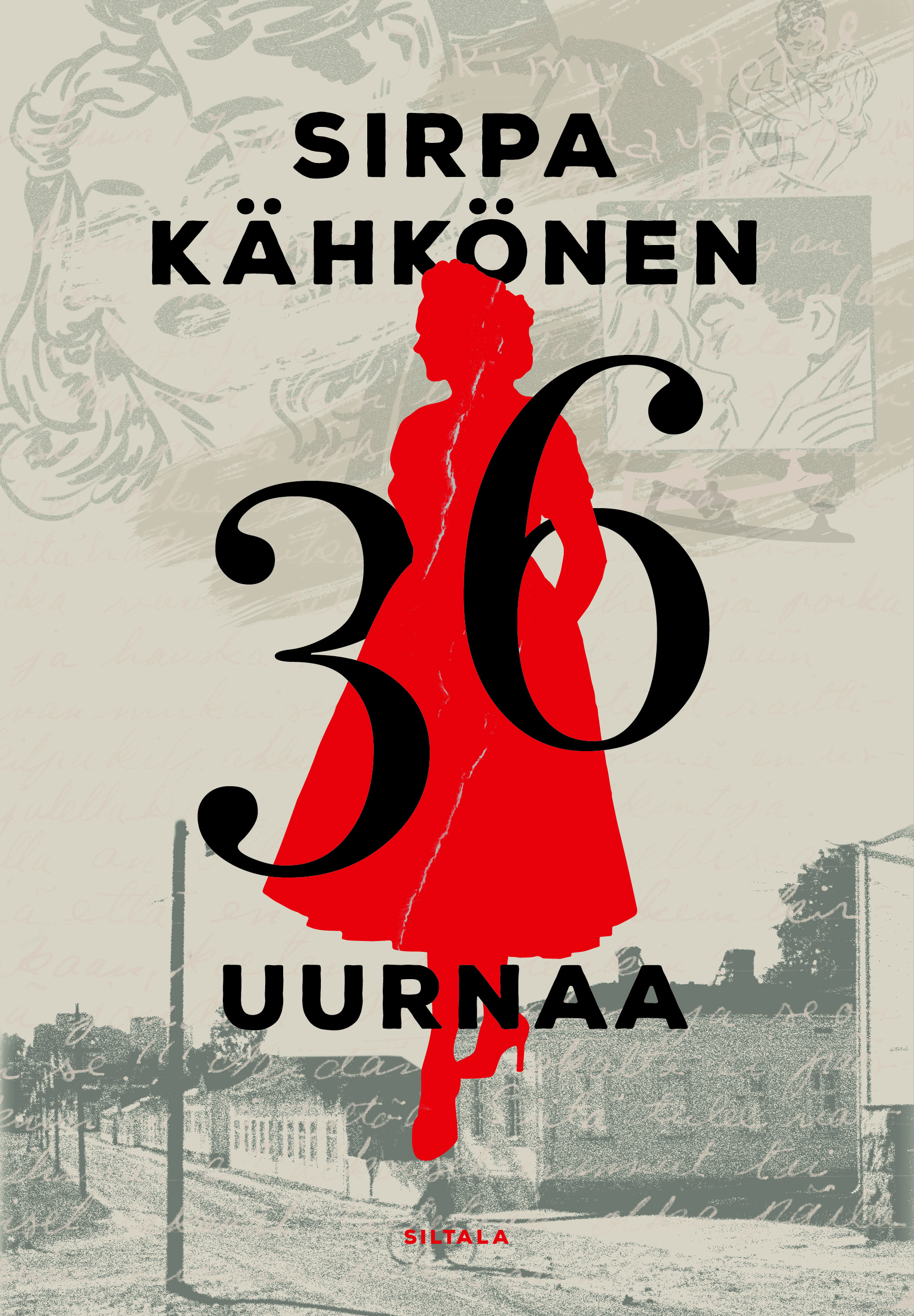A celebrated author’s masterful and poetic confession of love to her mother
Author Sirpa Kähkönen’s mother Riitta (b. 1941) died in March 2022 after a long illness. In life, she struggled to accept love. “I do not grieve your death, I grieve your life,” Sirpa Kähkönen writes, knowing fully well that her mother wouldn’t like the phrase. Her mother rejected love, despite longing for it the most. Riitta was athletic, beautiful, and gifted. A traffic accident at the age of 16 changed the course of her life for ever.
Drawing on her mother’s diaries, Kähkönen depicts the life of a 1950s girl and the dramatic change that followed the accident. The novel talks about community dance halls, a broken mind, flowing hems, a 1960s mother, anxiety, anger and hate, addiction, and moments of psychosis. It talks about how wars and other crises become corporeal, how violence is inherited, and how the culture of discouragement and submission is passed down through the generations in sayings and attitudes, with the author clearly seeing herself as part of the tradition of anger and violence.
The novel is permeated by a fiery love, as if an ancient Finnish spell that, with the power of words, is capable of bringing loved ones back from the dead.

 Loukko by
Loukko by 